Search

The Australian Early Development Census National Conference 2015 will be held from 18-20 February 2015.
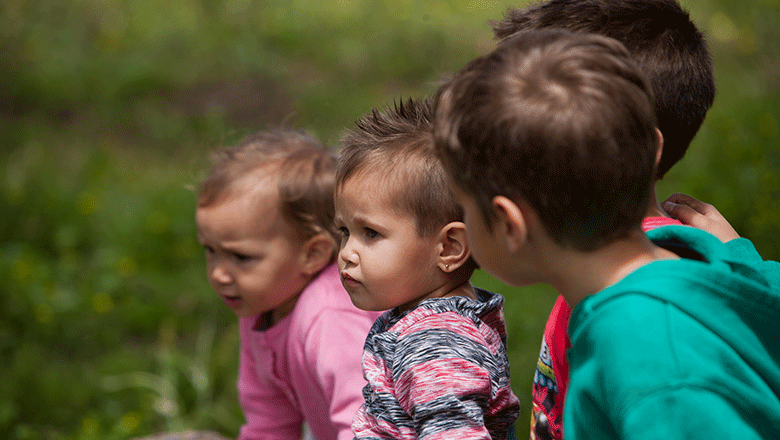
Acknowledging the enormous efforts in ear health programs across WA, we invite stakeholders to assist us in establishing research priorities.
The Kids Research Institute Australia have shown that genetic variations that influence BMI and diabetes are similar to those in non-Aboriginal populations.

Researchers at Perth's The Kids Research Institute Australia have begun a study that could provide new insights into the role of vitamin D in the risk of multiple sclerosis (
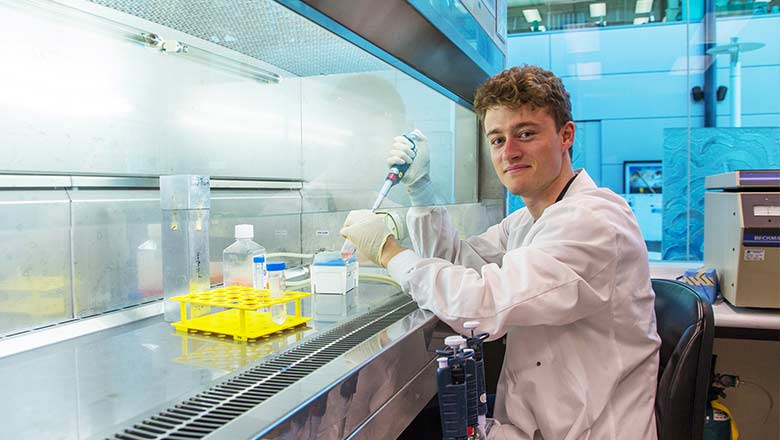
While many university students spend their summer break enjoying a bit of downtime, Will Kermode spent his in a laboratory.
Professor Graham Hall says one of the best things about research is seeing his students and colleagues succeed.
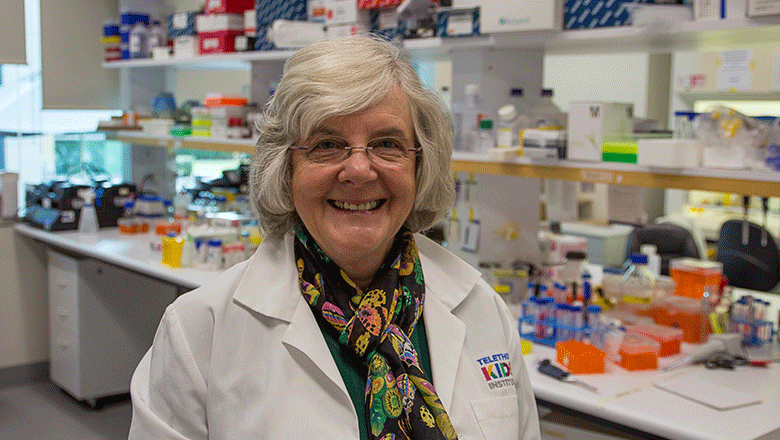
Professor Jenny Blackwell has been made a Fellow of the Australian Academy of Science, an honour reserved for the very best scientists in the country.
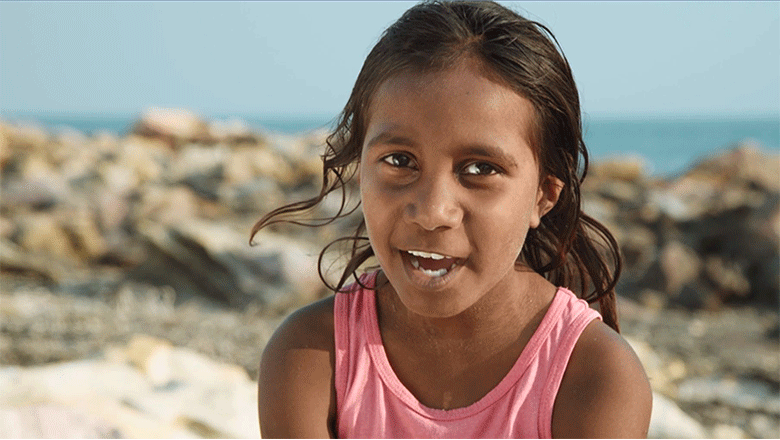
The Kids Research Institute Australia is proud to announce the launch of a world class Centre of Research Excellence in rheumatic heart disease (RHD).
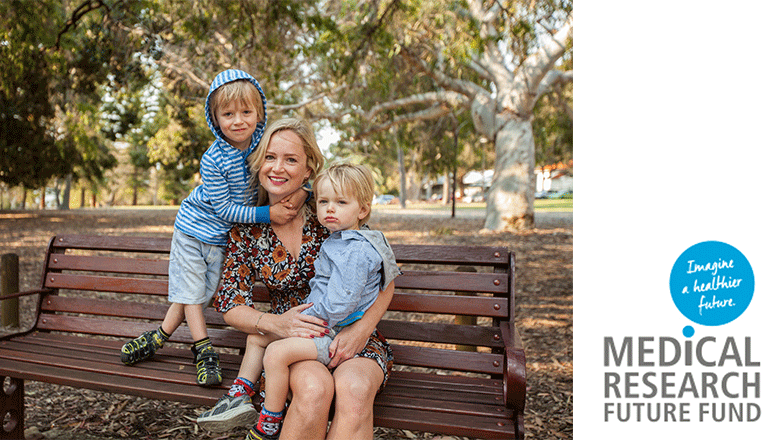
The Kids Research Institute Australia has welcomed the Federal Government's commitment to legislate the Medical Research Future Fund

An internationally recognised researcher at The Kids Research Institute Australia has been made a Fellow of the Australian Academy of Science
